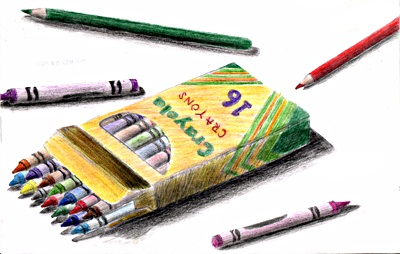All Nonfiction
- Bullying
- Books
- Academic
- Author Interviews
- Celebrity interviews
- College Articles
- College Essays
- Educator of the Year
- Heroes
- Interviews
- Memoir
- Personal Experience
- Sports
- Travel & Culture
All Opinions
- Bullying
- Current Events / Politics
- Discrimination
- Drugs / Alcohol / Smoking
- Entertainment / Celebrities
- Environment
- Love / Relationships
- Movies / Music / TV
- Pop Culture / Trends
- School / College
- Social Issues / Civics
- Spirituality / Religion
- Sports / Hobbies
All Hot Topics
- Bullying
- Community Service
- Environment
- Health
- Letters to the Editor
- Pride & Prejudice
- What Matters
- Back
Summer Guide
- Program Links
- Program Reviews
- Back
College Guide
- College Links
- College Reviews
- College Essays
- College Articles
- Back
The Synesthesia
One in every one hundred thousand people is diagnosed with synesthesia. Many people don’t even know what this mental illness is. If they did there would probably be more cases of people coming out telling the world what they have.
What is synesthesia? Well, it’s defined as “senses coming together.” It pretty much means that their senses are mixed instead of separated. In a synesthete’s brain when someone hears a sound, he or she immediately sees a color or shape in his or her “minds eye.” Synesthesia is involuntary but elicited. It is also irrepressible, which means they don’t have to trigger the secondary sensory experience consciously. They cannot control it.
There are about thirty-five different subtypes such as taste hearing, sound touch and so on. The most common is color-graphemic, where letters and numbers, produce certain colors, simple patterns, and color-auditory. Color-auditory includes voices, music, and random noise produce colors, textures, and shapes.
What are synesthetes like? Well, most of them do not even know they have something wrong. They believe everyone experiences the same thing they are. They don’t recognize they are different until they’re older. Most synesthetes are women roughly two to one. Most of them have a relative that are also synesthetic, which makes us believe that it could be inherited. They are usually very artistic and creative. They also have a very good memory.
Many people think that it is very confusing for them walking around constantly seeing shapes, colors, and patterns. The truth is it’s not. They often enjoy their synesthesia. They adapt to it just like we do. See, we think they might have a problem but, they don’t understand how we can learn without what they see. So the feeling is mutual. The only time they are bothered by it is when a stimulus produces synesthetic experience they don’t like. Such as with color-graphemic they might not like a letter because an ugly color is associated with it. It would also be hard because for a color-graphemic it might confuse them if a really boring person has a vibrant name.
Synesthesia is a very uncommon disorder but also kind of unique. I would like to vision things like a synesthete just to see what it would be like. How could you be sad or mad all the time while seeing beautiful colors, shapes, and patterns everywhere? That also goes both ways, how could u be happy seeing sad colors, shapes, and patterns. Synesthesia has its ups and downs. Hopefully we do more research on this topic because it is very extraordinary.

Similar Articles
JOIN THE DISCUSSION
This article has 2 comments.
